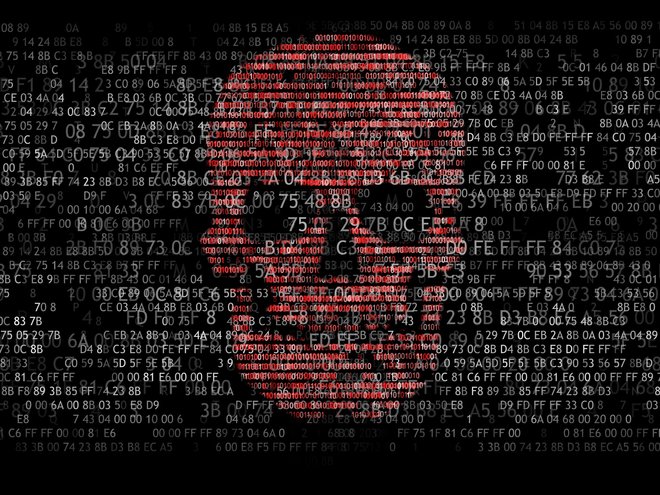'Yahoo “has confirmed that a copy of certain user account information was stolen from the company’s network in late 2014 by what it believes is a state-sponsored actor,” the company posted on its investor relations page.
The stolen data include names, email addresses, telephone numbers, birthdays, hashed passwords, and some “encrypted or unencrypted security questions and answers.” Yahoo says it believes no payment card or bank information was stolen.
Yahoo believes that “at least” 500 million user account credentials were stolen, which would make it the biggest breach of all time, bigger than the MySpace breach of 427 million user accounts.'
businessinsider.com.au/yaho...
This is just one of many massive on-line account detail thefts of late, with MySpace, eBay, Target, LinkedIn, Sony, Tumblr and Dropbox and many more having huge account login data losses. This site provides a regularly updated infogram of data breaches: informationisbeautiful.net/...
Read this pinned post: healthunlocked.com/cllsuppo... for security tips to minimise any inconvenience to you from having your on-line access details stolen. Feedback on this post is welcome.
If you use Yahoo or any of the above mentioned websites, you have changed your password lately haven't you?
On a related matter, Google is at least being transparent about the data it collects on your on-line activities and allows you to examine and delete it if you wish. Just log in with your Google account here:
accounts.google.com/Login?c...
Neil
